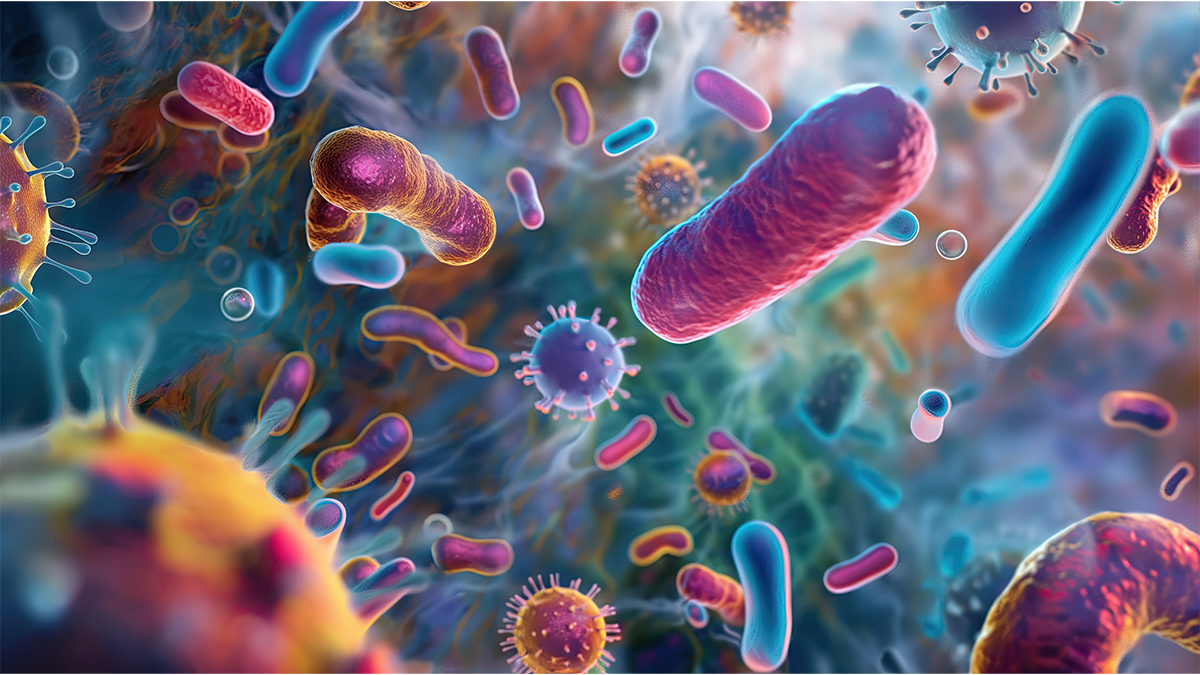Three centuries after Newton framed reality in fixed laws and deterministic equations, science has reached a radically new frontier, argue biochemist and complex systems theorist Stuart Kauffman and computer scientist Andrea Roli. The biosphere – life’s evolving web – is not a clockwork mechanism but a self-creating, unpredictable system. Organisms constantly repurpose their worlds in ways that cannot, even in principle, be foreseen or captured in a mathematical framework. Science must now confront a bold idea: reality is not fully governed by any law – and biology, not physics, holds the key to its deeper mysteries.
Three centuries after Newton we are at a third major transition in science.
Newton inaugurated the first major transition by inventing the differential and integral calculus, and classical physics. It is no overstatement to say that Newton taught us how to think. Call this “The Newtonian Paradigm.” First, find the relevant variables. In physics these are often position and momentum. Write laws of motion for these relevant variables. Define ahead of time the boundary conditions, hence the phase space of all possible values of the relevant variables. For any initial condition of the relevant variables, integrate the laws of motion to obtain the entailed trajectory of the system in its phase space. It is fundamental to the Newtonian Paradigm that we can and must always define the fixed phase space ahead of time.
Classical physics including General Relativity gave us the “clockwork” universe that will unfold deterministically, with a Deistic God no longer able to work miracles. This renders “chance” merely a matter of our limited knowledge—meaning that there is no real randomness.
The second major transition was the reluctant discovery of the quantum of action in 1900 and Heisenberg’s uncertainty relation, which demanded a transition beyond classical physics, thence the miracles of quantum mechanics and quantum field theory. Quantum theory, however, remains safely within the Newtonian Paradigm, with a prestated phase space—hence initial and boundary conditions—and the deterministic evolution of a probability distribution via the Schrödinger wave equation.
The enormous power of the Newtonian Paradigm can be found outside of physics. When ecology studies the evolution of species, for example, it deals with a predefined set of species in a community. These provide the relevant variables, hence the predefined phase space. Over evolutionary time, species come and go. The set of species and their patterns of interactions themselves evolve. In the evolution of the biosphere, new adaptations emerge, and existing adaptations vanish by extinction. Ecology, within the Newtonian Paradigm, hopes to be valid over time scales such that the species do not evolve relevant new features or lose relevant old ones. The phase space, it is supposed, stays constant.
The issue we wish to raise, and the central question of this article, is whether we can predict or deduce the new relevant adaptive variables that arise and old ones that vanish. Can we have well-founded expectations? We hope to demonstrate that the answer is “No.” Ecology, that is, is not deterministic, and properly lies outside of the Newtonian Paradigm.
Life on earth has existed for almost four billion years, almost 30% of the lifetime of the universe. A failure of the Newtonian Paradigm with respect to evolving life will mean that major aspects of the cosmological evolution of the universe are outside of the Newtonian Paradigm. This has major implications for the scientific enterprise.
The unpredictable evolution of the biosphere





















Join the conversation